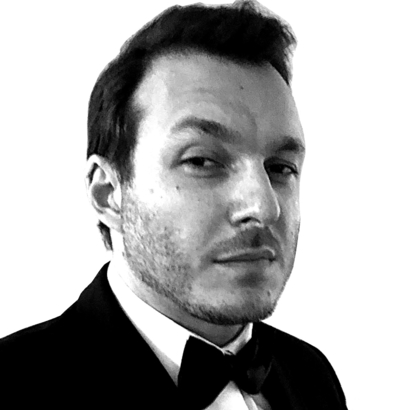The world’s No. 1 political prisoner, Alexei Navalny, isn’t brewing a coup against Putin from his supermax cell, and millions of persecuted, silenced, and exiled Russians opposed to the war aren’t taking up arms against the regime. But with the start of the Russian invasion of Ukraine, a new and dangerous antagonist is on the horizon, and this time Putin has reason to be anxious. The call is coming from inside his house.
Trained and nurtured by the regime, militant Russian ultra-nationalists have long been the ideological shock troops at the forefront of Putin’s “Russian world,” his set of Fascist beliefs that posit a historic Russian civilization reaching far beyond its current borders. They took part in annexing the Crimean Peninsula, fought in the Donbas for the last eight years, and welcomed Russia’s brutal invasion of Ukraine. But after three months of military failure, they’re starting to ask questions. As a Russian special-forces veteran who goes by the name “Razvedos” put it bluntly on YouTube, “Dear Vladimir Vladimirovich, please decide, are we fighting a war or are we masturbating?”


